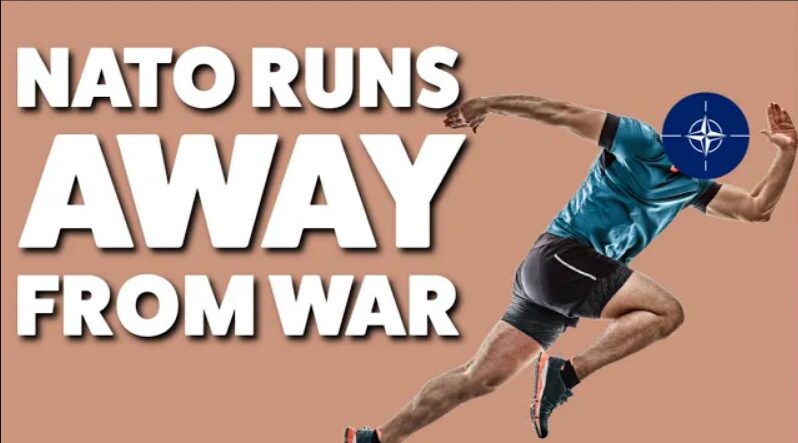When the war in Ukraine erupted, the geopolitical landscape shifted dramatically. Russia, already grappling with sanctions, was expected to fold quickly. In contrast, NATO rallied its support for Ukraine, equipping it with advanced weaponry such as the Mard and Leopard 2 tanks, M1 Abrams, HIMARS, and Storm Shadow missiles. The expectation was clear: Russia would face significant setbacks both militarily and economically.
Amidst the chaos, European countries became havens for fleeing Ukrainians, granting asylum swiftly and without question. Initially, no one anticipated the longevity of the conflict, which has left Ukraine economically devastated and ceded parts of its eastern regions to Russia.
Surprisingly, the Russian military has grown by 15% and its economy is reportedly expanding at 4.5%, even outpacing Germany in terms of GDP PPP. This growth comes despite the toughest sanction regime in history and a widespread belief that NATO’s superior weaponry would decimate Russian forces. The war has been brutally efficient, with Ukrainian casualties reportedly nearing a million.
Now, with a severe population shortage in Ukraine and massive financial aid from the U.S. proving insufficient without manpower, there’s a sudden shift in policy. Countries that once welcomed Ukrainian refugees are now urging them to return and join the fight, starting with Poland and Lithuania.
Why this sudden change in stance? We will delve deeper into these motivations. But first, back to the news.
Poland and Lithuania have committed to assisting Ukraine by returning men eligible for military conscription back to their home country.
Poland’s Defense Minister, Władysław Kosiniak-Kamysz, expressed on Polsat TV that Poland has long been prepared to help ensure that conscripted individuals return to Ukraine, although specifics on the mechanisms for this were not detailed. Similarly, Lithuania’s Laurynas Kasčiūnas echoed this sentiment.
Outrage erupted in Poland when the Ukrainian foreign ministry suspended consular services, disrupting the plans of many Ukrainian men abroad who had appointments to collect important documents. Ukraine’s Foreign Minister Dmytro Kuleba defended the decision, criticizing the comfort of life abroad for some while others fight and die, stating this measure aims to bolster fairness and support for those at the front lines.
Amidst these tensions, the Polish parliament is considering new regulations that would restrict certain benefits to Ukrainians who can show a passport, potentially cutting off 80% of benefits for those without.
Now let’s come to the real motivations. NATO, led by the U.S., has a significant stake in the conflict and is therefore heavily invested in preventing a Russian victory. NATO’s involvement is not just supportive, but strategic, aiming to counter Russian influence in the region.
With Ukraine facing a critical shortage of military personnel, NATO might be compelled to deploy its own troops directly. While there have been NATO personnel in Ukraine, they have been limited and in unofficial capacities. The potential for deploying larger numbers of NATO troops raises complex issues, particularly the political backlash that could ensue in member countries if conscription were introduced.
Another point of contention is the portrayal of the conflict in global public opinion. People now openly sympathize with Russia, believing fully that the conflict was imposed upon it. Meanwhile, Ukrainian President Volodymyr Zelensky faces criticism and is now perceived as authoritarian, with accusations of significant corruption within his administration complicating the international view of Ukraine’s governance.
In the U.S., President Biden’s extensive financial support to Ukraine is being seen as a move to avoid a Russian victory ahead of upcoming elections. This has led to contentious policies where Ukrainian refugees are encouraged—or even coerced—to return to fight, a strategy that risks severe long-term demographic impacts for Ukraine.
So to put it simply, Ukrainian men scattered across Europe are being caught, caged and shipped because NATO doesn’t want to face Russia on the battlefield. As far as Russia is concerned, they will have more fodder for their cannons in the coming days.
